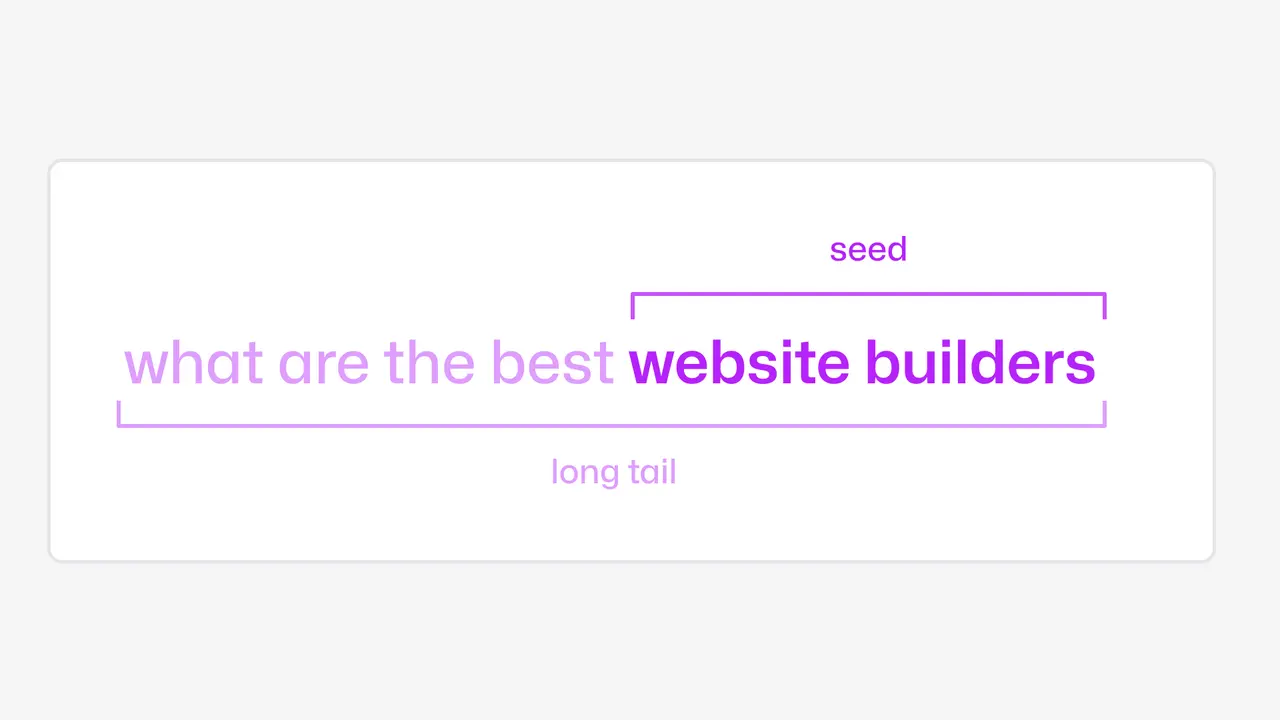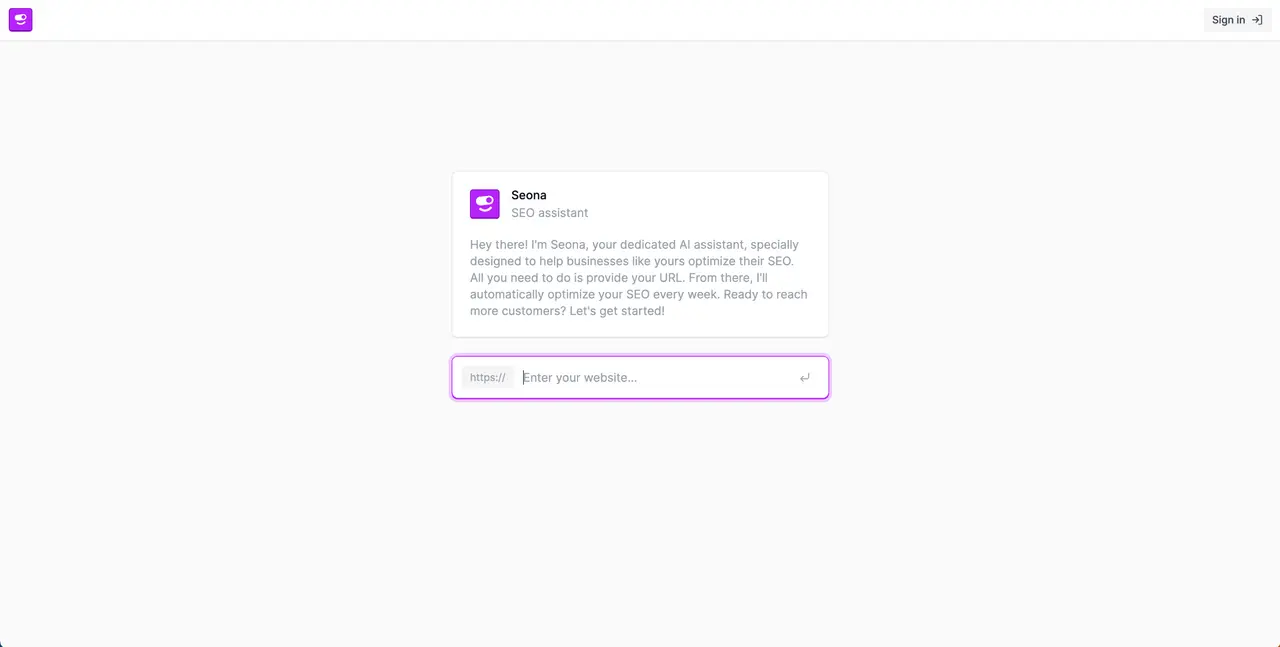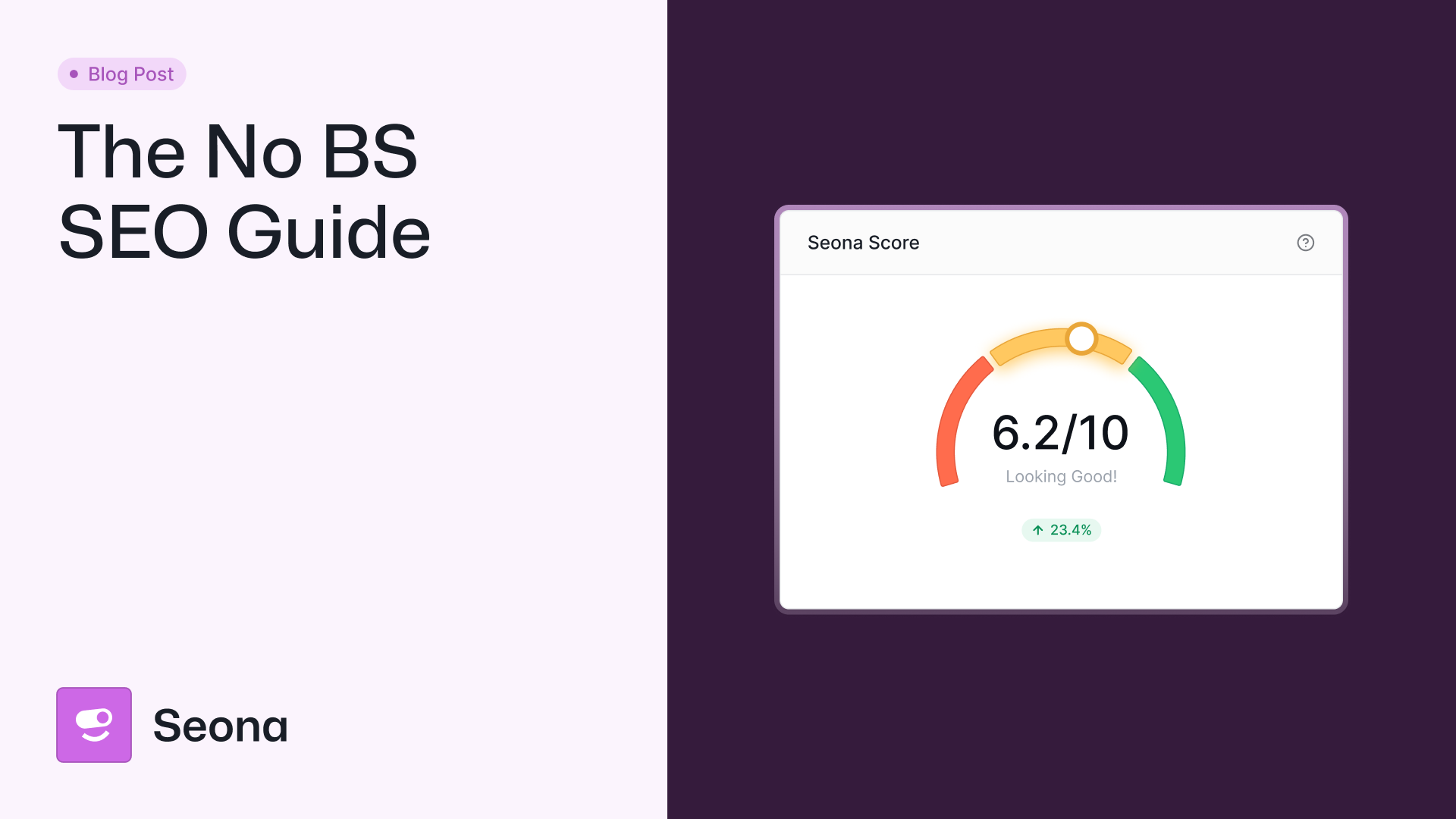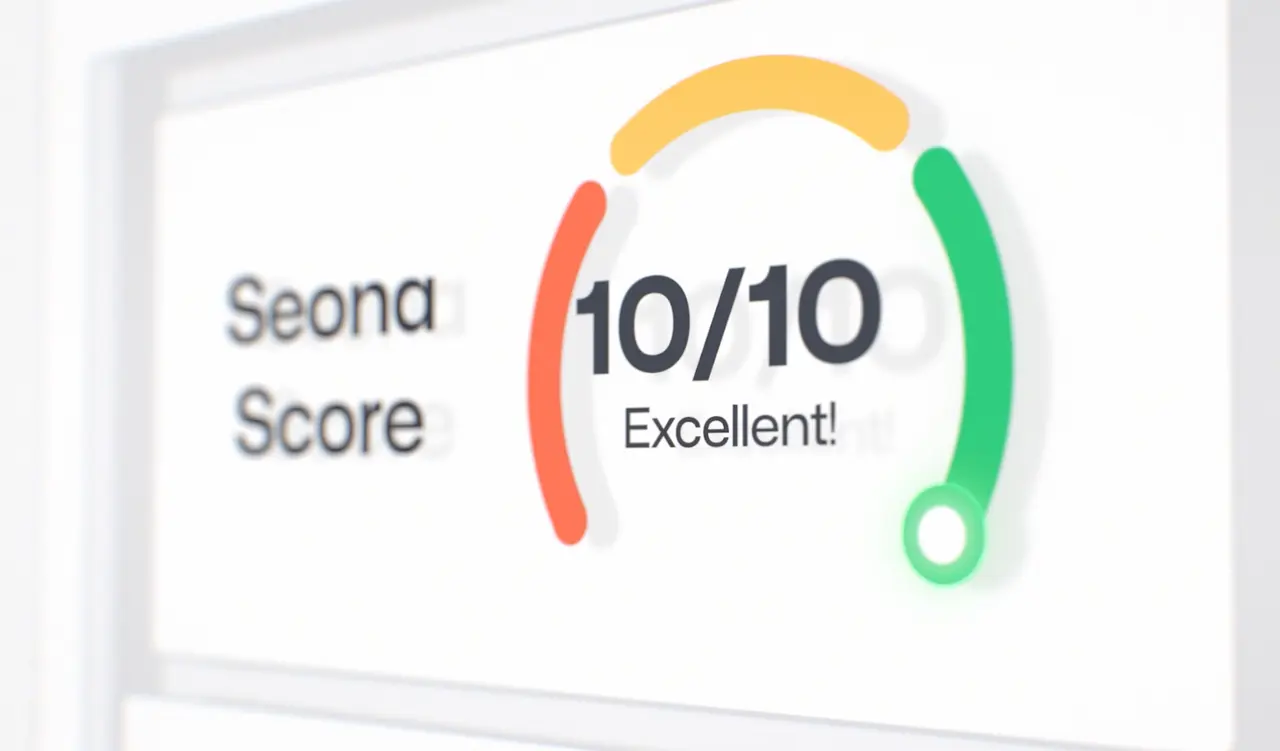Essential Keyword Research Strategies for Boosting SEO
Effective keyword research strategies to enhance your SEO. Learn how choosing the right keywords can boost your online visibility.
December 13, 2023
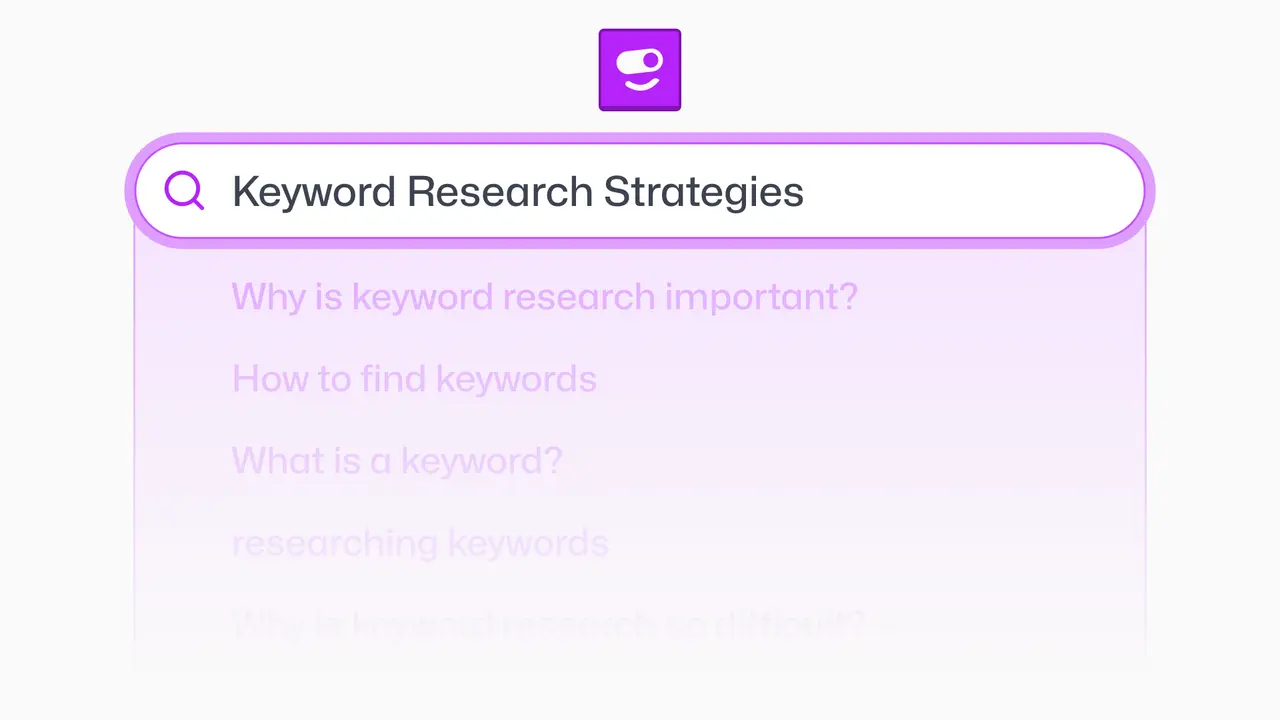
Introduction
Search Engine Optimization (SEO) is an integral part of any digital marketing strategy. It helps businesses improve their online visibility, reach a wider audience, and ultimately increase conversions.
One of the fundamental pillars of SEO is keyword research. It's the process of identifying and selecting the right keywords to target in your content, which can significantly impact your website's ranking on search engines like Google. We will delve deep into essential keyword research strategies for boosting SEO, exploring various techniques and tools to help you achieve better results.
Why Keyword Research Matters
Keywords are the words or phrases that people enter into search engines when looking for information, products, or services. When your website's content aligns with these keywords, it becomes more likely to appear in search engine results pages (SERPs).
Deploying effective keyword research strategies can further optimize this alignment, ensuring that the keywords you target are not only relevant but also capable of driving valuable traffic to your site.Here are some key reasons why keyword research is essential:
Relevance
Targeting the right keywords ensures that your content is relevant to what users are searching for. This increases the likelihood of attracting qualified traffic to your website.
Competition
Effective keyword research can help you discover keywords with less competition, making it easier to rank higher in search results.
Content Ideas
Keyword research can provide you with insights into what topics and questions your target audience is interested in, helping you create valuable content.
User Intent
Understanding the intent behind keywords allows you to tailor your content to meet users' needs, improving the user experience.
Practical Strategies for Efficient Keyword Research
Now that we've established the importance of keyword research let's explore some essential strategies to enhance your SEO efforts.
Develop Seed Keywords
The first step in any keyword research process is to develop a list of seed keywords. Seed keywords are broad terms or phrases related to your niche or industry. These will serve as the foundation for your research. To generate a comprehensive list of seed keywords, consider using the following methods:
Brainstorming
Gather your team and brainstorm keywords that are relevant to your business. Think about what terms your potential customers might use to find your products or services.
Competitor Analysis
Analyze your competitors' websites and identify the keywords they are targeting. Tools like SEMrush and Ahrefs can help you uncover this information.
Google Autocomplete
When you start typing a keyword into Google's search bar, it often suggests related search terms. These suggestions can be a valuable source of seed keywords.
Google's "People Also Ask" Section
Scroll down on the search results page to find the "People Also Ask" section. This can provide additional keyword ideas and insights into user intent.
Utilize Keyword Research Tools
Keyword research tools are invaluable for identifying potential keywords, evaluating their search volume, and assessing their competitiveness. Here are some popular keyword research tools:
Seona, Your AI SEO Assistant
Seona is a free tool designed to optimize your SEO instantly. By merely pasting your site’s URL into Seona, you obtain a comprehensive evaluation of your site’s SEO, scaled out of 10. Seona will not only recommend keywords to enhance your site’s search rank but also identify additional key areas for growth. Seona simplifies SEO, providing weekly recommendations to perpetually bolster your site’s SEO.
Google Keyword Planner
Google Keyword Planner allows you to discover new keywords and see data on search volume and competition. It's an excellent starting point for keyword research, especially for those just getting started with SEO.
Semrush
Semrush is a comprehensive SEO tool that provides in-depth keyword research capabilities. You can analyze your competitors' keywords, track your rankings, and get valuable insights into the organic search landscape.
Ahrefs
Ahrefs is an SEO tool that provides detailed keyword metrics, including search volume, keyword difficulty, and click-through rate (CTR) estimates.
Moz Keyword Explorer
Moz's Keyword Explorer offers keyword suggestions, difficulty scores, and priority scores to help you prioritize your keyword-targeting efforts effectively.
Focus on Long-Tail Keywords
While seed keywords are essential, it's equally important to pay attention to long-tail keywords. Long-tail keywords are longer and more specific phrases that typically have lower search volume but higher conversion potential. Here's why they matter:
Less Competition
Long-tail keywords often have less competition, making it easier to rank for them.
Higher Intent
Users who search for long-tail keywords usually have a more specific intent, making them more likely to convert into customers.
Better Content Opportunities
Creating content around long-tail keywords allows you to provide in-depth, valuable information on niche topics.
Analyze Keyword Metrics
Once you've gathered a list of potential keywords, it's essential to analyze their metrics to determine their suitability. Here are the key metrics to consider:
Search Volume
Search volume indicates how often a keyword is searched for monthly. It helps you estimate the potential traffic a keyword can bring to your website. Ideally, you want to target keywords balancing search volume and competition.
Keyword Difficulty
Keyword difficulty measures how challenging it is to rank for a particular keyword. Some keyword research tools assign a difficulty score to each keyword, helping you identify keywords that align with your SEO goals.
Click-Through Rate (CTR) Estimation
CTR estimation provides insights into the percentage of clicks a keyword is likely to receive when it ranks on the first page of search results. This metric can help you assess the click potential of your chosen keywords.
Cost Per Click (CPC)
If you plan to run paid advertising campaigns, CPC is a crucial metric. It indicates how much advertisers are willing to pay for a click on a specific keyword.
Consider User Intent
Understanding user intent is critical for selecting the right keywords and creating content that resonates with your audience. User intent falls into three main categories:
Informational Intent
Users seek information or answers to questions. Target keywords with informational intent when creating blog posts, articles, or guides.
Transactional Intent
Users intend to make a purchase or take a specific action. Target transactional keywords when optimizing product pages or landing pages.
Navigational Intent
Users want to navigate to a specific website or page. Target navigational keywords when optimizing for brand-related searches.
Explore Semantic Keywords
Search engines have become more sophisticated in understanding the context of content. This has led to the rise of semantic search, where search engines consider the meaning behind words and phrases. Incorporating semantic keywords in your content can improve its relevance and SEO.
Semantic keywords are words or phrases that are closely related to your target keywords. They help search engines understand the topic comprehensively. For example, if your target keyword is "digital marketing," semantic keywords might include "online advertising," "content marketing," and "SEO."
Keyword research strategies involve identifying not only the primary keywords but also related terms, phrases, and topics that your target audience may use in their search queries.
Evaluate Keyword Trends
The digital landscape is constantly evolving, and keyword trends change over time. To stay competitive, it's essential to monitor keyword trends and adapt your SEO strategy accordingly. Here's how you can do that:
Google Trends
Google Trends provides data on the popularity of specific keywords over time. You can identify seasonal trends and adjust your content calendar accordingly.
Industry News and Updates
Stay informed about industry news and changes that might impact keyword trends. For example, new technologies or emerging trends can introduce new keywords into your niche.
Competitor Analysis
Keep an eye on your competitors and the keywords they are targeting. If they start ranking for new keywords, it may be worth investigating those terms.
Group Keywords Strategically
Once you have a list of keywords, it's beneficial to group them strategically. Keyword grouping helps you organize your content and create a more focused SEO strategy. Effective keyword grouping lets you plan your content calendar, internal linking structure, and on-page optimization more efficiently. Grouping can be based on various criteria:
Topic
Group keywords that are closely related in terms of topic. This allows you to create comprehensive content that covers all aspects of a particular subject.
User Intent
Group keywords based on user intent. For example, create one group for informational keywords and another for transactional keywords.
Content Type
Group keywords that align with specific content types, such as blog posts, product pages, or videos.
Monitor and Adjust Your Keyword Strategy
Keyword research is not a one-time task; it's an ongoing process. To maintain and improve your SEO rankings, you need to continually monitor your keyword performance and make adjustments as needed. Here's how to do it:
Rank Tracking
Use SEO tools to track your rankings for target keywords. If you notice a drop in rankings, investigate the cause and take corrective action.
Content Updates
Periodically review and update your content to keep it fresh and relevant. Add new information, remove outdated content, and optimize for emerging keywords.
Competitor Analysis
Keep an eye on your competitors and their keyword strategies. If they gain an advantage, adapt your approach accordingly.
Algorithm Updates
Stay informed about search engine algorithm updates, as they can impact your rankings. Be prepared to make necessary changes to align with new ranking factors.
Create High-Quality Content
Last but certainly not least, the success of your keyword research efforts hinges on the quality of your content. No amount of keyword optimization can compensate for poorly written, unhelpful content. Remember that quality content not only attracts and retains readers but also earns backlinks and shares, which can boost your SEO efforts. Here are some tips for creating high-quality content:
Value and Relevance
Ensure that your content provides real value to your audience and is highly relevant to the keywords you're targeting.
User-Friendly
Make your content easy to read and navigate. Use headings, bullet points, and visuals to break up text.
Originality
Avoid plagiarism and create original content that stands out in your niche.
Engagement
Encourage user engagement through comments, social sharing, and interactive elements.
Optimization
Incorporate keywords naturally into your content, including in titles, headings, and body text.
Regular Updates
Keep your content up to date to maintain its relevance and authority.
Make SEO Simple with Seona
Feel lost in the SEO jungle? Meet Seona! Our friendly AI assistant takes the stress out of SEO by finding the right keywords, fixing website glitches, and even writing weekly blog posts for you. Watch your SEO score climb with our easy-to-use dashboard, keep an eye on competitors, and see real improvements, all in real-time.
Key Takeaway
Keyword research is an ongoing process, and staying up-to-date with the latest trends and algorithm changes is key to maintaining and improving your search engine rankings. As you implement these strategies, you'll be better equipped to navigate the complex landscape of SEO and achieve lasting results.



